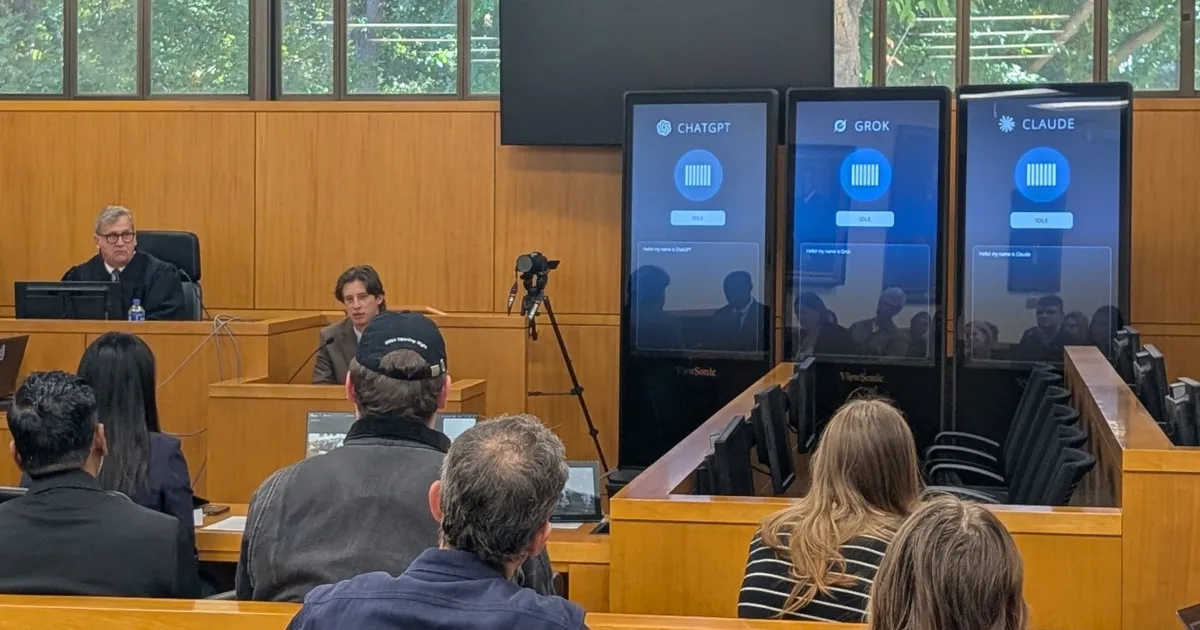Copyright Business Insider

Google's former CEO said he worries that most countries could end up using Chinese AI models because of the cost. "This produces a bizarre outcome where the biggest models in the United States are closed source and the biggest models in China are open-source," Eric Schmidt said in an episode of the "Moonshots" podcast released on Tuesday. "The geopolitical issue there, of course, is that open source is free and the closed source models are not free." Open-source AI models allow for the free and open sharing of software to anyone, for any purpose. "So the vast majority of governments and countries who don't have the kind of money that the West does will end up standardizing on Chinese models not because they're better, but because they're free," Schmidt said. Those who support open source say it allows technology to develop rapidly and democratically, as anyone can modify and redistribute the code. On the other hand, advocates for closed-source models argue that they're more secure because the code is kept private. This year's popularity of Chinese models like DeepSeek and Alibaba's Qwen3 has raised concerns about data privacy, national security, and America's competitive advantage. Schmidt was Google's CEO from 2001 to 2015 and led the company through its 2004 initial public offering. He is now a founding partner at venture capital firm Innovation Endeavours and runs an aviation startup called Relativity Space. He has a net worth of nearly $50 billion, per Bloomberg. "Sovereign AI," which refers to a country's control and governance of AI technologies, data, and infrastructure, has been gaining attention in tech and political circles. Related stories Business Insider tells the innovative stories you want to know Business Insider tells the innovative stories you want to know Executives, including Nvidia chief Jensen Huang and the CEO of French AI startup Mistral, Arthur Mensch, have said that it is important for countries to build independent AI systems. In a March podcast appearance, Mensch compared AI to electricity in the 1900s and said that nations that don't set up their own AI systems risk money flowing to other countries. "100 years ago, if you weren't building electricity factories, you were preparing yourself to buy it from your neighbors, which, at the end of the day, isn't great because it creates some dependencies." In February, Huang told government officials at the World Governments Summit in Dubai that countries needed to work toward building sovereign AI. He said that if he led a developing nation, "the first thing that I would do, of course, is I would codify the language, the data of your culture into your own large language model." Like Schmidt, Huang and Mensch are proponents of open source models.



